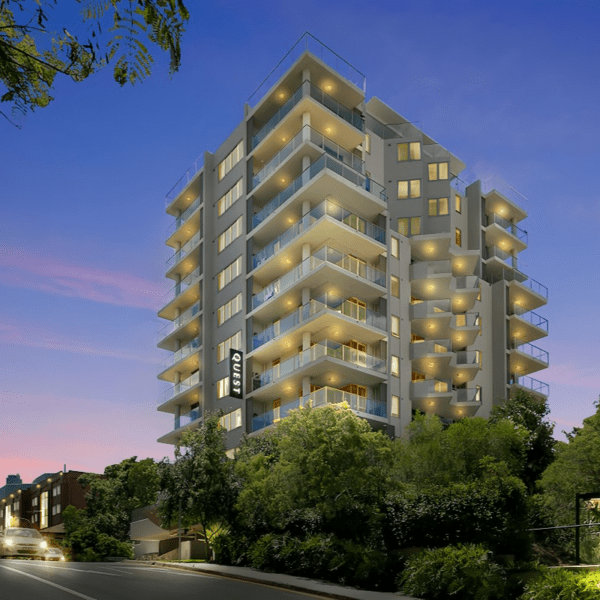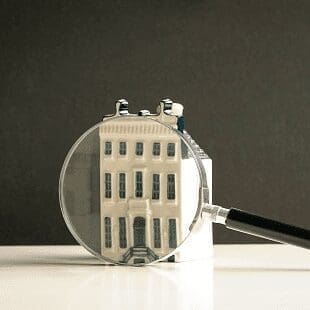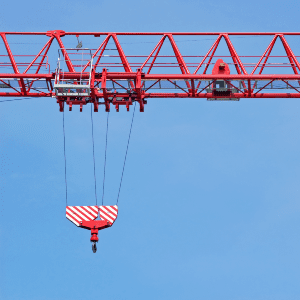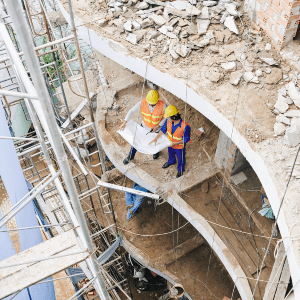HAMA’s (Hospitality Asset Managers Association) member survey of the region’s hotel Ownership was just completed, and results confirm what many industry watchers have been whispering for months.
 Eric Levy, MD of Tourism Solutions International viewed the results of this survey and commented “In my 30 years in the region, we have had many crises, this one is different. We will see more forced sales of hotels, some by owners freeing up cash to reduce debt, some pressured by lenders and some perhaps even pushed into foreclosure/receivership by impatient lenders…something that lenders in Asian have largely been allergic to do in the past”
Eric Levy, MD of Tourism Solutions International viewed the results of this survey and commented “In my 30 years in the region, we have had many crises, this one is different. We will see more forced sales of hotels, some by owners freeing up cash to reduce debt, some pressured by lenders and some perhaps even pushed into foreclosure/receivership by impatient lenders…something that lenders in Asian have largely been allergic to do in the past”
The HAMA survey isolated Singapore properties and a second category – all others, mostly regional in two sets of questions. Owners in Singapore are more optimistic. This despite asset managers reporting in the survey that in Singapore 78% of the properties (87.5% outside Singapore) will see a greater than 50% drop in RevPAR this year and over three quarters do not expect a rebound to 2019 levels until 2023 or later (10% say 2025).
Lenders have been quite flexible with borrowers to date, but the survey indicates that even in Singapore one respondent indicated they may look at selling assets to reduce debt. Outside Singapore 12.5% are thinking about selling assets to reduce debt and almost 19% are considering passing the keys to lenders to resolve situations where liabilities exceed current value. These owners feel that lenders, who themselves will see more pressure from regulators, will become less flexible with hotel owners.
In Singapore 71% of those surveyed feel this increased pressure will occur prior to end Q2 and the balance 29% feel this will occur by end of Q3 2021; outside Singapore the consensus is the same, there will be more pressure from lenders all saying by end of Q3 with even 25% thinking this will occur by end 2020. Regionally, this type of unplanned hotel exit by owners has been the exception rather than the rule whilst much more common in North America, Oceania and Europe. Parallel studies by HAMA in North America and Europe provide indications that the same type activity will be common…in fact has already begun. Asia in the past has been spared significant numbers of ‘forced sales” bur Levy indicates “it most certainly will occur this cycle albeit not at levels seen in other markets”. The European HAMA Chapter’s survey highlighted that half its owners are considering alternative uses for their hotels and on the acquisition side more than half do not believe the bottom, in terms of hotel pricing, has been reached yet and we believe they are eying Q2 onwards as timing in which opportunities will surface with increased frequency. In the USA, the major cities have been impacted most severely with estimates of over 60,000 rooms in NYC being closed as hotels with many considering reopening as re-purposed buildings.
There is less emphasis on budgets for 2021 than ever before in past decades, frequent forecasting (which most properties have been doing in 2020 with at least twice the normal frequency) will be the focus of hotel ownership. Performance clauses of management contracts with operators are not expected to be in play in 2021 and asset managers report being able to have greater impact of decisions regarding bonuses in 2021 which mitigates a lot of concern/debate on budgets that occurs each budget season. The key is cash flow planning which the increased frequency of forecasts addresses as the unpredictable impact of COVID has made forecasting extremely dynamic.
Bonuses are expected to be a relic of the past or minimal in 2021 as we buckle down to get through the recovery stages. These are just three of the key findings from the new study completed by the Hospitality Asset Managers’ Association (HAMA), which necessitates a survival strategy first so the owner is in place for the inevitable recovery for the hotel sector in Singapore in particular and Asia Pacific at large. Even in Singapore, with hotels propped up by SHN/MCO related business and subsidized largely by the JSS, over a third have no bonus in budget (2021) with an equal number at the high end of expectations budgeting a 1 month bonus with the balance budgeting half a month bonus.
HAMA A/P Chapter members oversee approximately 400 properties mostly located in Asia although some portfolios include far flung assets. The association has helped to formalize this critical function and in less than 15 short years in Asia, totals a half million hotel rooms including members based in Japan and China. Perhaps the recent professionalism of this function and recognition of the quality of professionalism of Asian asset management today is contributing to lenders expected position of being more aggressive than in the past.
The latest HAMA A/P Chapter member survey, which is fresh off the press gathered the opinions of asset managers from only this chapter. The results show that more than 60% of survey respondents have found lenders to be flexible in this unique economic situation. The majority also believed this leniency to diminish by Q2 and Q3 of 2021. With cautious optimism, around half of respondents self-assessed their debt service situation (for Singapore hotels) to be a 2 out of 5 scale (with 1 being “not much trouble” and 5 being “doomed”) as well as over 87% without concern of entering a forced sale situation, heavily outweighing the one respondent looking to sell assets to reduce debt or free up cash. Over 50% of asset managers expect a 50-75% decline in RevPAR compared to their original 2020 budget, according to our survey.
Going forward, the biggest concerns relate to demand, followed closely by employee related expenses (JSS is planned to end in March2021), understandable due to the fixed cost structure of hotels.
80% of respondents found their management companies to be effective or somewhat effective partners in addressing the impact of COVID-19.
Expectations of RevPAR in 2021 show that generally owners expect RevPAR to be 40-60% less than those achieved in 2019.
There also are specific markets such as Maldives, Bali and Phuket that need international arrivals to thrive that have lagged the performance of other markets in 2020 with expectations similar for 2021.
When asked about timing of recovery Daniel Yip, HAMA’s President – Asia Pacific shared “Based on the survey results and across the portfolio of hotels that are asset managed by our members, none of our members expect RevPAR levels to return to 2019 levels in 2021, with the vast majority of interviewees expecting a return to pre COVID levels in 2023 and beyond.“
With the initial shock of impact behind us, the question becomes how to recover from the ashes, as COVID induced sales of hotels are to be expected. How to manage the eventual ramp up of demand with COVID regulation still up in the air and highly inconsistent between countries obviously largely takes the matters out of the hands of hoteliers. The owners of hotels have to survive this downturn and position themselves to benefit from opportunities which will be significant over the next five years.


















